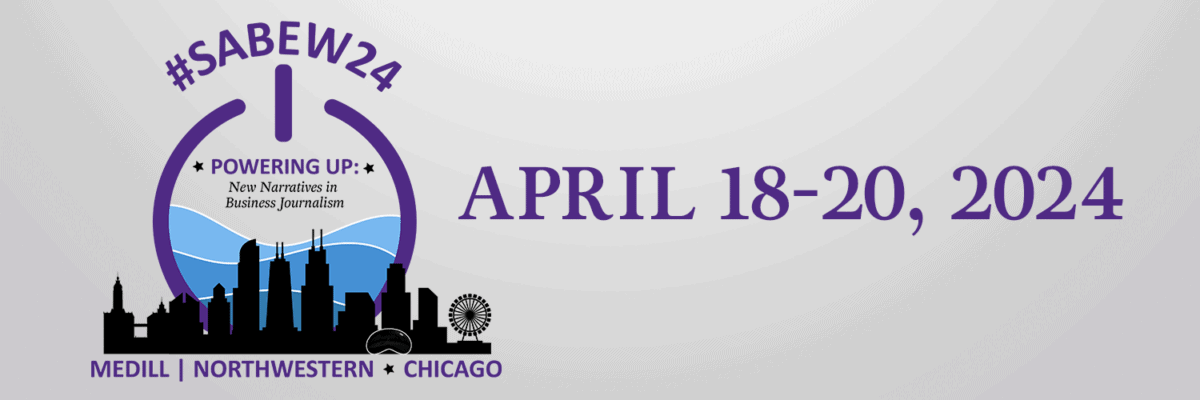By Cassidy Trowbridge
Walter Cronkite School of Journalism and Mass Communication at Arizona State University
People don’t know how to manage their money.
That’s the main theme from “Mining Behavioral Research and Government Data to Tell Personal Stories,” a Friday session at the SABEW 2016 annual conference.
Financial experts highlighted their research on consumer protections and gaps in financial literacy.
Consumer protections
Susan Weinstock, director of consumer banking at The Pew Charitable Trusts, talked about the dangers of overdraft fees, high-cost lending, prepaid cards and mobile payments.
“Ultimately, there needs to be rules of the road,” Weinstock said, referring to the need for more regulation on high-cost borrowing.
Weinstock said overdraft fees on checking accounts could sneak up on consumers and force them out of the banking system if they aren’t careful. The majority of those denied checking accounts are low-income individuals.
Pew found that consumers without checking accounts were more likely to use expensive cash-checking services and prepaid cards.
Financial literacy
Annamaria Lusardi, Denit Trust Chair of Economics and Accountancy at the George Washington University School of Business, spoke about Global Financial Literacy Excellence Center research. Presenting the 2012 data, she focused on the use of high-cost borrowing, financial fragility and gender differences in financial literacy.
The behavioral study indicated that 29 percent of the more than 25,000 respondents had participated in high-cost borrowing in the past five years, despite economic recovery. Lusardi said the data reflects the challenges the American family faces.
Lusardi also explained financial fragility, using a behavioral study in 2009 to measure if families could withstand a financial crisis. The survey asked a simple question, “How confident are you in coming up with $2,000 if an unexpected need arose within the next month?”
“Even four years after the crisis, 40 percent of families answered ‘no’ or ‘probably not’,” Lusardi said. She added that millennials were most likely to answer that they could not come up with the cash.
New data and sources
Journalists who want to find sources struggling with their finances could look at the Consumer Financial Protection Bureau website for formal complaints, Weinstock said. Furthermore, she recommended contacting charitable organizations that speak with those who have financial hardship.
As for data, Lusardi said the Global Financial Literacy Excellence Center would release a new financial literacy study on June 12, and Weinstock said Pew plans to release a new survey on May 26.






